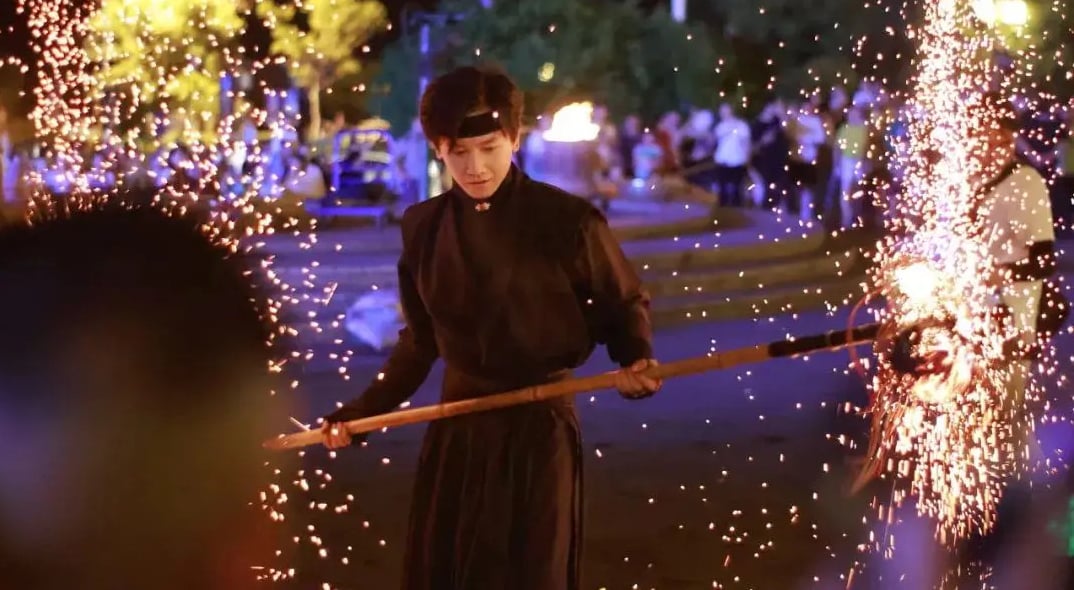A video marking Youth Day and produced by streaming site Bilibili has triggered widespread debate among young people — but probably not in the way intended.
Youth Day (青年节), was declared a public holiday in 1949 to commemorate the May Fourth student demonstrations of 1919. Bilibili, one of China’s most popular video platforms with a demographic that skews toward younger audiences, released a video titled “The Next Wave” (后浪) in honor of the holiday. The short film subsequently went viral on Chinese social media, sparking a wave of comments and inter-generational debate.
In the video, veteran actor He Bing addresses the young people of China. He begins, “The aging generation looks upon you with envy.”
In the background, video clips play of vloggers riding rollercoasters, happy teenagers watching movies, and China’s first League of Legends esports win. He goes on to praise the new generation’s limitless potential, saying,
“All humankind’s knowledge and insight are gifts specially prepared for you; you can enjoy the achievements of modern civilization at your leisure.”
But many young users don’t see it that way. To them, the video is a symbol of how China’s establishment is out of touch with the genuine struggles young people face. Soon after the video was aired, the hashtag #SpeechToTheYoungerGeneration shot to third place on the trending list on microblogging site Weibo.
Weibo user 立立立立立黄昏 commented, “How about you lower housing costs and increase the wages for the next wave? The waves are almost completely dry…”
Related:
 Communist Youth League Removes Virtual Idol Project After Feminist CriticismThe Youth League’s latest attempt to connect with the kids has become a lightning rod for Chinese feministsArticle Feb 18, 2020
Communist Youth League Removes Virtual Idol Project After Feminist CriticismThe Youth League’s latest attempt to connect with the kids has become a lightning rod for Chinese feministsArticle Feb 18, 2020
A highly upvoted comment on YouTube reads, “What about young people living in small cities? Millions of people earning three or four thousand RMB [425-566USD], bent at the waist trying to pay rent, work 996, balding, working as delivery drivers, day after day, year after year? Where is the light in their eyes?”
The term “后浪” comes from the idiom “Just as the next waves of the Yangtze River drive on those ahead, so does each new generation run after the old one” (长江后浪催前浪, 世上新人赶旧人).
These commenters touch upon a truth emerging from China’s rapidly-growing society: with a growing economy comes growing inequality, while the pace of China’s extraordinary development in recent decades has caused yawning generation gaps. And while Bilibili’s attempt to bridge such divides may have done the exact opposite, it has at least united young people for social change in a way that echoes the history of the holiday.


















